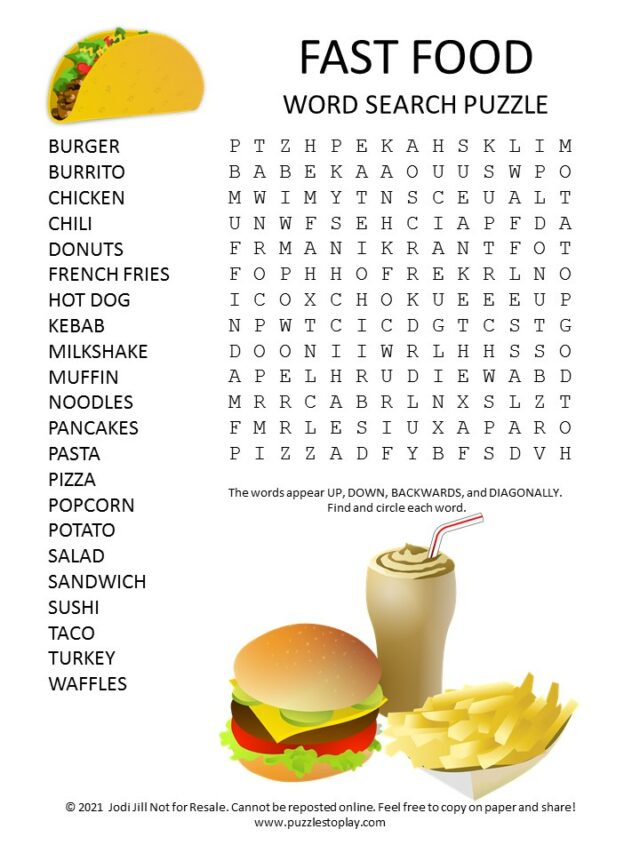

In studies in Cantonese and Korean, subjects were able to read non-words in their native orthography without a delay relative to the speed with which they read real words in their native orthography. Type 2: Hyperlexia marked by an accompanying visual-spatial learning disorder.Type 1: Hyperlexia marked by an accompanying language disorder.Type 3: Very early readers who are not on the autism spectrum, though they exhibit some "autistic-like" traits and behaviours which gradually fade as the child gets older.Ī different paper by Rebecca Williamson Brown, OD proposes only two types of hyperlexia.Type 2: Autistic children who demonstrate very early reading as a splinter skill.Type 1: Neurotypical children who are very early readers.In one paper, Darold Treffert proposes three types of hyperlexia. Hyperlexic children often have far less interest in playing with other children than do their peers. The social skills of a child with hyperlexia often lag tremendously. Between the ages of four and five years old, many children make great strides in communicating.

Hyperlexic children often struggle with Who? What? Where? Why? and How? questions. Spontaneous language is lacking and their pragmatic speech is delayed. Often, the child has a large vocabulary and can identify many objects and pictures, but cannot put their language skills to good use.

Their language may develop using echolalia, often repeating words and sentences.
#Fast byword for kids trial
Often, hyperlexic children will have a precocious ability to read but will learn to speak only by rote and heavy repetition, and may also have difficulty learning the rules of language from examples or from trial and error, which may result in social problems. Despite hyperlexic children's precocious reading ability, they may struggle to communicate. They follow a different developmental trajectory relative to neurotypical individuals, with milestones being acquired in a different order. ( September 2021) ( Learn how and when to remove this template message)Īlthough hyperlexic children usually learn to read in a non-communicative way, several studies have shown that they can acquire reading comprehension and communicative language after the onset of hyperlexia. Unsourced material may be challenged and removed. Please help improve this article by adding citations to reliable sources. This section needs additional citations for verification. Typical special interests of hyperlexic children often include letters, numbers, fonts, foreign alphabets, languages, the solar system, periodic table, logos, anatomy and geography (flags, countries, capitals). Some English-speaking hyperlexic children learn to spell long words (such as elephant) before they are two years old and learn to read whole sentences before they turn three. They are extremely good at decoding language and thus often become very early readers. Hyperlexic children are often fascinated by letters or numbers. Between five and twenty percent of autistic children have been estimated to be hyperlexic. However, one expert, Darold Treffert, proposes that hyperlexia has subtypes, only some of which overlap with autism. Some experts believe that most children with hyperlexia, or perhaps even all of them, lie on the autism spectrum. Some hyperlexics, however, have trouble understanding speech. First named and scientifically described in 1967 (Silverberg and Silverberg), it can be viewed as a superability in which word recognition ability goes far above expected levels of skill. Hyperlexic children are characterized by word-reading ability well above what would be expected given their age. Children with hyperlexia also present with an intense fascination for written material at a very early age. They indicated that children with hyperlexia have a significantly higher word-decoding ability than their reading comprehension levels. Silberberg (1967), who defined it as the precocious ability to read words without prior training in learning to read, typically before the age of five. Hyperlexia is a syndrome characterized by a child's precocious ability to read. William-Adolphe Bouguereau, The Difficult Lesson (1884)
#Fast byword for kids series
Significantly advanced reading ability in children Part of a series on


 0 kommentar(er)
0 kommentar(er)
